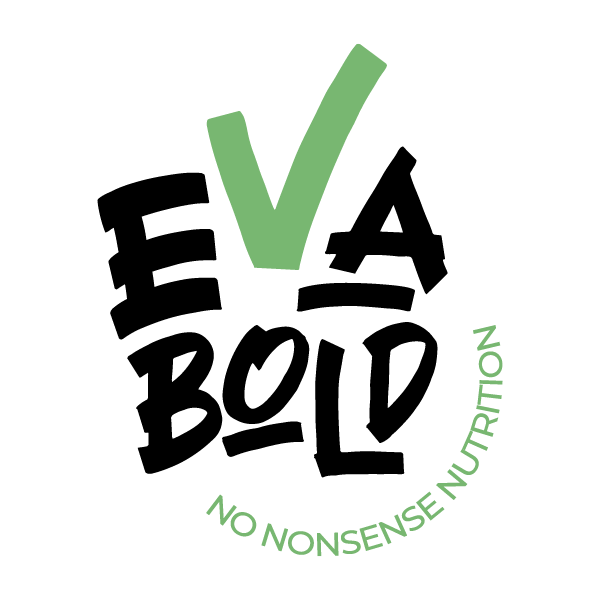Clean VS Dirty Keto

Find out which diet is best for you. Clean keto or dirty keto
There are two factions of the ketogenic diet, clean and dirty, followers of which are both passionate about the effects that their chosen side has on their health and lifestyle.
But, you might be wondering what the differences are, and which one is best for you, so let us help you.
Clean Keto
As the name suggests, on a clean keto diet, the amount of processed foods eaten is kept to an absolute minimum, focusing instead on nutrient-dense foods.
Followers of clean keto eat mainly whole foods that are high in quality. For example, grass-fed beef, wild-caught seafood, free-range eggs, nut oils, and organic, non-starchy vegetables.
On the flip side, there are several foods to steer clear of on a clean keto diet. This includes bread, pasta, potatoes, most fruits, and other high-carb items.
Because of the focus on quality, nutrient-rich, organic ingredients, the clean keto diet is also great for people looking for a plant-based keto diet that avoids processed products.
Dirty Keto
In comparison, dirty keto tends to be adopted by people who want to achieve ketosis but do not want to spend the time and money needed to prepare clean keto dishes.
Instead, there is a general consensus amongst the dirty keto community that as long as you hit your macros, you can eat whatever you want. This is somewhat reminiscent of the old school Atkins diet which focused on eating high amounts of meat to achieve ketosis.
There are however many negative side effects that come with following a dirty keto diet. Let’s take a look at some now…
Dirty keto foods are less nutritious and more calorie-dense than clean foods, lacking key vitamins and minerals that the body needs
Followers of a dirty keto diet may become deficient in calcium, zinc, magnesium, and vitamins C, D and K, which may only be achieved through taking supplements
Since processed foods tend to have high levels of sodium, this can result in high blood pressure with an increased risk of heart disease if eaten on a regular basis
Many processed foods also have added sugar which can make it hard for dirty keto dieters to reach ketosis, so it’s important to keep an eye on the nutritional values of many products
When is dirty keto OK?
Now, the question is, is there a place for dirty keto? Like anything, moderation is key.
Followers of a keto diet should try to eat as many whole foods as possible, keeping processed foods to a minimum. It may be convenient to grab a “dirty” snack when travelling or short on time, as long as you keep an eye on your daily macros to ensure and maintain ketosis.
Which side do you follow? Are you clean or dirty? We’d love to know. Share your keto diet tips in the comment section below.




